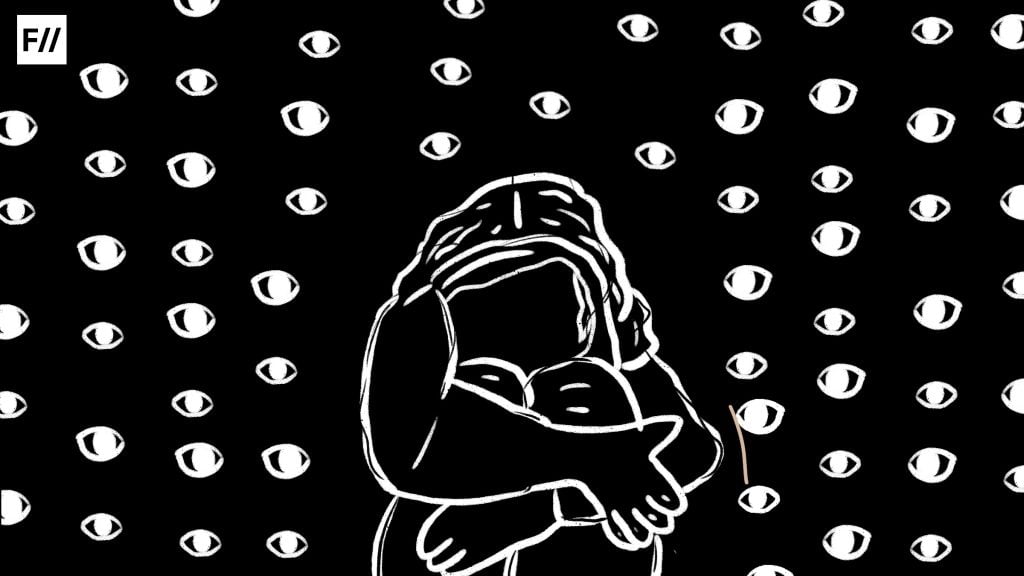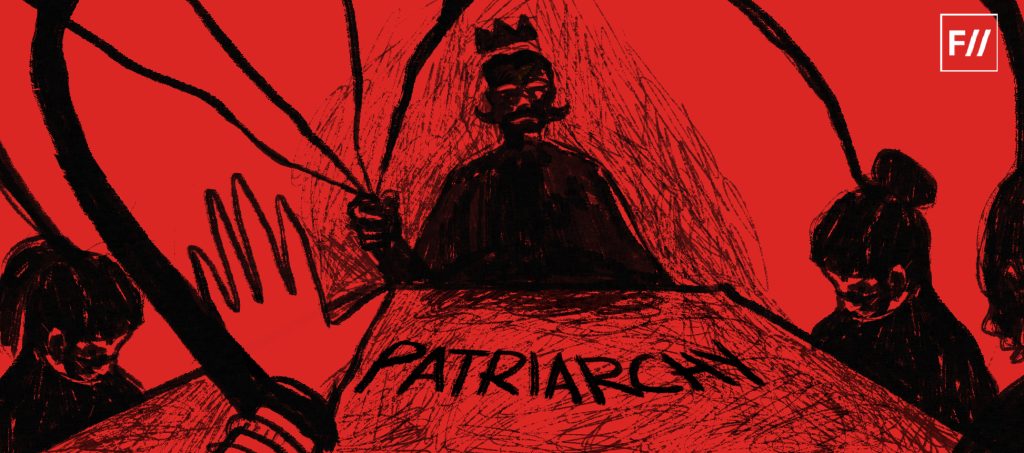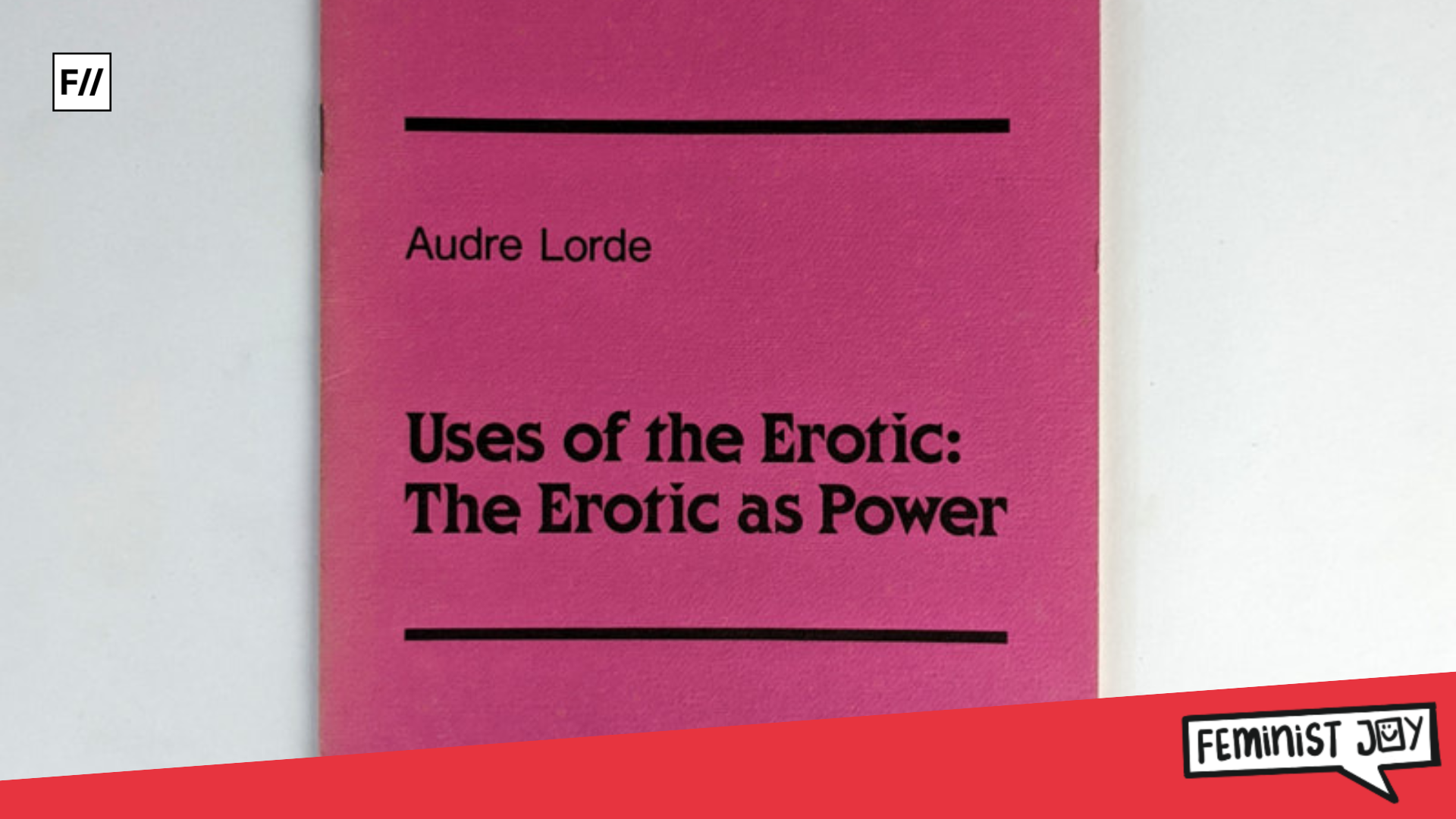As a teenage girl learning about feminism and what it meant to be a feminist, I found it hard to channel the anger I felt. In a religious environment where feminist sensibilities were not encouraged, I felt suffocated. In a school where political ambition was seen as unnecessary and inconvenient, I felt like a bother every time I spoke up against casual misogyny.
The struggle of finding a voice in a restrictive environment
The teachers I grew up under the guidance of, enabled such an environment at school. They made it a point to instil in girls as young as 14 that wearing skirts was inviting male attention. One day I spoke out against this, expressing that they should redirect their energy towards educating the boys in our school. I was met with stern voices and harsh words, resulting in a burst of tears on my part. This is one of the instances that made me understand that my feminist politics were never going to be removed from my emotions and that any attempt to do so would be doing myself a disservice. What I had to do, instead, was learn to incorporate them into feminist praxis.

However, after years of being a feminist, this reality has not changed. In situations where I am confronted by misogyny, my anger transforms into anxiety. Although I do not let this stop me from acting on my beliefs, attempts to channel this sense of doom and anxiety into something productive have not always been successful.
Primarily, I fear missteps in explaining myself to people, and in educating them. The weight of emotional labour is heavy, and understanding my responsibility and the necessity of doing so does not make it any easier; fear still makes me fumble over my words.
Patriarchy and fear in personal relationships
The men I have encountered since childhood flatter themselves by believing that they are enlightened and far removed from patriarchal domination. While it is comparatively easy to correct men around my age, what am I to say to the elders in my family or those in my friends’? In a culture where respect and discipline are paramount, any word of disagreement is an insult, let alone one expressing distaste for misogyny.

Yet, I understand that the nature of this fear is a lot less daunting than what many others feel. The privilege to express myself in any capacity and to be able to state my beliefs despite fear is not something many individuals have. Thus, it is important to acknowledge that at present, I find myself in an academic environment that largely enables feminist sensibilities: I do not face physical or emotional harm every day because of my political beliefs.
Then, it seems that grappling with the minuscule nature of my fear should come easy. Nonetheless, when faced with the bigotry of loved ones, I clam up. Even though I express precisely what I disagree with and how harmful their beliefs may be, the nagging sense of inadequate knowledge never leaves me. I always feel (and again, fear) that I know less, that my voice matters less.
Balancing feminist ethics with cultural and religious Identity
What makes this lived reality harder is the fact that as a queer Muslim woman, I have had to navigate various contradictory aspects of my identity. It is not easy growing up with a fragmented sense of self, and working towards becoming a whole is difficult when a lot of my values clash with each other.

The culture I grew up in dictates that being queer is undesirable for oneself at best, and a sin worth killing at worst. Advocating for the world to see Muslims in a different light has been challenging for me since in many encounters with my cultural and/or religious identity, I, or people I love, have been faced with vitriol from those I consider my own.
In such a restrictive environment, those around me have attempted to reinterpret hegemonic religious practices as empowering. While I understand the desire behind such attempts, it is hard for me to negotiate what I have learned under the guise of religious morality with my feminist ethics. The culture one grows up in in a country like India is not easily erased – given the country’s “cultural diversity,” it becomes an inalienable part of one’s identity.
Moreover, in trying to understand the intersectionality of feminism, one cannot make these aspects invisible. Here I face a dilemma – how do I express that religion is inherently patriarchal without seeming patronising towards women I care about? It is hard to speak to friends and family who hold such views without seeming like I am trying to demean them or their experiences.
As such, being a feminist for me is full of contradictions I must confront daily. That is not to say that I find new answers to such dilemmas daily as well. Most of them go unanswered the more I encounter them. However, I do not believe that being silent in the face of fear and anxiety is right. I have the privilege of protecting myself from the consequences of speaking up, and that is what makes it imperative to.
The weight of affective politics is heavy, but so is the importance of speaking out. If those who are relatively privileged amongst marginalised communities like myself, do not shoulder the burden for the underprivileged women in (and outside) our communities, what hope remains?





Oh. Talk about a thrilling showdown between what our hearts desire and what the world expects.